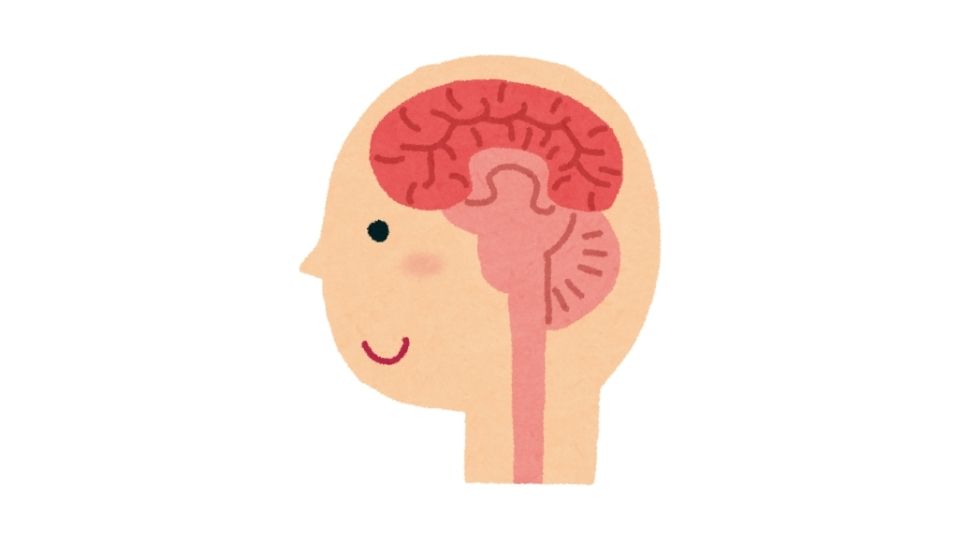How to Catch Burnout Before It Spirals Into Depression

Feeling burnt out is like your phone battery constantly stuck at 15% – you’re functioning, but definitely not at full capacity.
Most of us have been there. That feeling where work feels like a drag, your energy is zapped, and you just don’t care as much anymore. That’s burnout.
The tricky part? If you ignore burnout long enough, it has this nasty habit of evolving into its bigger, badder cousin: depression. And trust me, you don’t want that family reunion.
Let’s talk about how to stop burnout in its tracks before it gets worse – with practical, science-backed strategies that actually work.
How to Spot Burnout Before It Becomes Depression
First things first – you need to know what you’re looking for. Burnout doesn’t just show up with a name tag saying “Hi, I’m Burnout!”
Here are the sneaky ways it might be creeping in:
- Feeling exhausted ALL. THE. TIME. (not just “need an extra coffee” tired)
- Getting irritated at small things or feeling emotionally numb
- Your work quality dropping (and you know it)
- Sleep becoming weird – either too much, too little, or just not refreshing
- Physical symptoms like headaches, stomach issues, or random aches
Catching these early warning signs is like spotting smoke before the house fire – it gives you time to act.
8 Ways to Fix Burnout (That Actually Work)

1. Draw Some Boundaries (and Actually Stick to Them)
Your boss doesn’t own you. Your job doesn’t define you. And that email can absolutely wait until tomorrow.
Setting clear boundaries between work and personal life isn’t just nice – it’s necessary. This means:
- Having actual off-hours where work stuff is OFF limits
- Learning to say “no” without feeling guilty (it gets easier with practice)
- Delegating tasks when possible
A study from the American Psychological Association found that clear boundaries at work significantly reduce stress and burnout risk. Your mental health depends on it.
2. Move Your Body (Even When You Don’t Want To)
I know, I know – when you’re burnt out, exercising sounds about as appealing as doing your taxes. But hear me out.
Exercise is like a miracle drug for burnout. It:
- Pumps out feel-good endorphins
- Crushes stress hormones
- Gives you a mental break from work worries
You don’t need to train for a marathon. Even a 10-minute walk can significantly improve your mood. The magic number to aim for is 150 minutes a week of moderate activity.
I was skeptical too until I started taking 15-minute walks during lunch. Game changer.
3. Practice Mindfulness (Without the Woo-Woo)

Mindfulness isn’t just for yoga instructors and meditation gurus. It’s a practical skill that helps you stop the burnout spiral.
When your mind is racing with work stress, try:
- Deep breathing for 2 minutes (breathe in for 4 counts, hold for 2, out for 6)
- Body scan meditation (notice how each part of your body feels)
- Grounding techniques (name 5 things you can see, 4 you can touch, 3 you can hear, etc.)
According to research published in JAMA Internal Medicine, mindfulness programs can reduce anxiety, depression, and stress – all key factors in burnout.
4. Sleep Like It’s Your Job (Because It Is)
When you’re burnt out, sleep is often the first thing to go. Either you can’t fall asleep because your mind won’t shut up, or you’re so exhausted you could sleep for days.
Here’s the deal: Quality sleep is non-negotiable.
- Aim for 7-9 hours nightly
- Create a consistent bedtime routine
- Keep screens away from your bed
- Make your bedroom a sleep sanctuary
Poor sleep makes burnout symptoms worse, creating a vicious cycle. Break it by prioritizing rest.
5. Build Your Support Squad

Humans aren’t meant to handle everything alone. When burnout hits, your support network becomes your lifeline.
This includes:
- Friends who let you vent without trying to “fix” everything
- Family members who can take things off your plate
- Colleagues who understand what you’re going through
- Sometimes, a professional therapist or counselor
Research from Harvard Medical School shows that strong relationships help buffer against stress and improve resilience. Don’t try to be a burnout hero – ask for help.
6. Make Time for Things That Light You Up
Remember hobbies? Those things you used to do for fun before burnout sucked all the joy out of life?
It’s time to bring them back. Whether it’s:
- Creative outlets like painting, writing, or music
- Outdoor activities like hiking or gardening
- Learning something new just because you want to
- Simply spending time in nature
These activities aren’t luxuries – they’re necessities. They remind you that you’re more than your job or responsibilities.
7. Set Realistic Goals (And Celebrate Small Wins)
When you’re burnt out, even small tasks can feel overwhelming. The solution? Break everything down into tiny, manageable steps.
- Instead of “finish project,” try “work on section 1 for 30 minutes”
- Use time management techniques like Pomodoro (25 minutes of focus, 5-minute break)
- Celebrate completing even small tasks
Each small win rebuilds your confidence and motivation, which burnout tries to steal from you.
8. Consider Organizational Changes
Sometimes burnout isn’t just a you problem – it’s a workplace problem.
If your environment is toxic or unsustainable:
- Have an honest conversation with your supervisor about workload
- Request flexible scheduling if possible
- Look into mental health resources your employer offers
- In extreme cases, consider if a job change might be necessary
According to the World Health Organization, organizational factors are major contributors to burnout. You can’t always fix these alone.
When to Call in the Professionals

DIY burnout recovery is great, but sometimes you need expert help. Watch for these signs that it’s time to talk to a mental health professional:
- Burnout symptoms aren’t improving or are getting worse
- You’re experiencing hopelessness or deep sadness
- You’ve lost interest in things you used to enjoy
- Your sleep or appetite has changed dramatically
- You’re having thoughts of harming yourself
There’s absolutely no shame in seeking help. In fact, it’s one of the strongest things you can do.
The line between burnout and depression can be thin, but catching burnout early and taking decisive action can prevent that progression. Your mental health deserves the same attention and care you’d give to any physical ailment.
Don’t wait until you’re completely depleted to take action. Start with one small change today, then build from there. Your future self will thank you.

